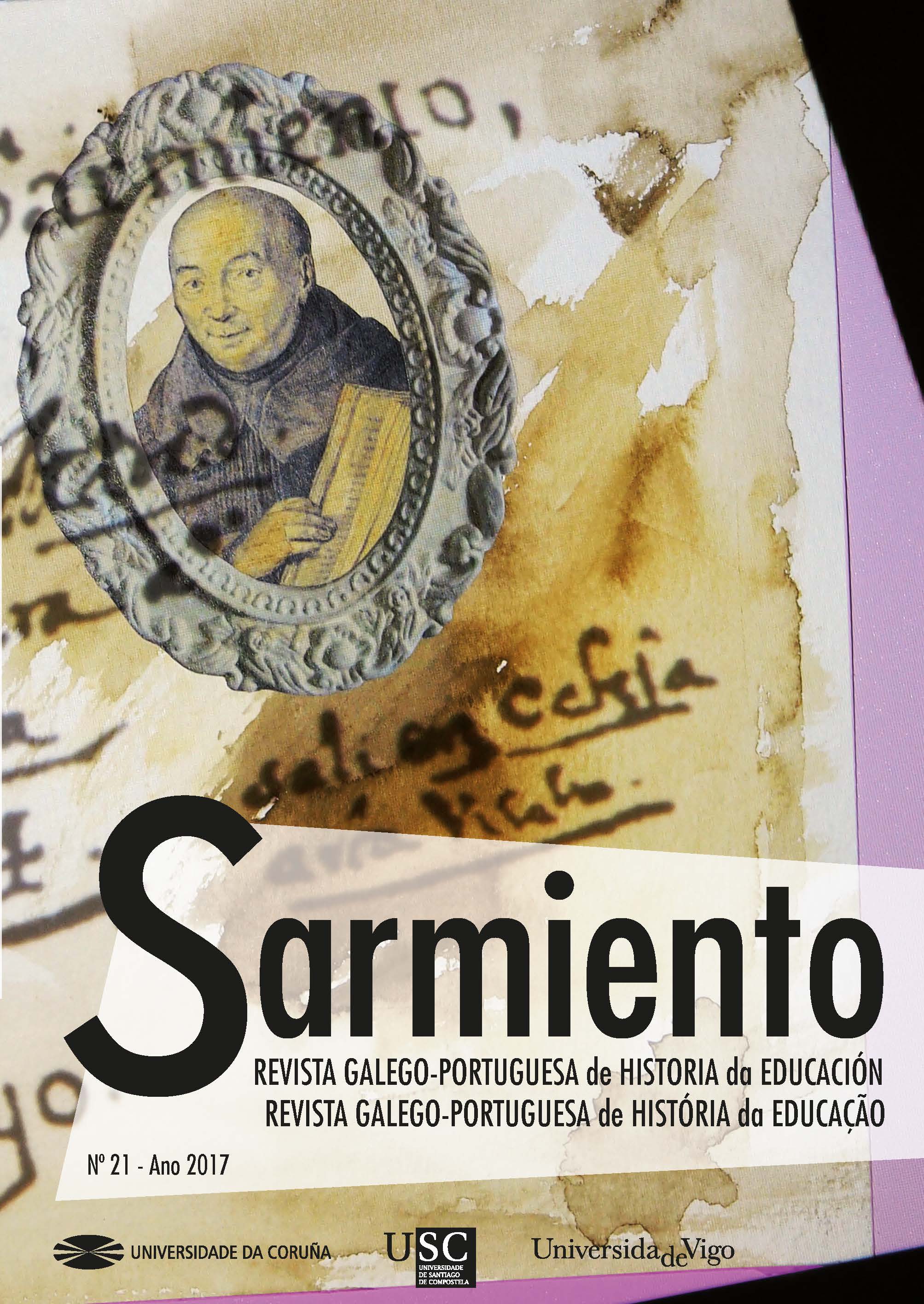Meaningful Rhythms. Educating body, soul and spirit in Waldorf schools
Main Article Content
Abstract
This paper had been written under the INOVAR project – Itineraries of pedagogical innovation: reference schools and experiences in Portugal in the twentieth century (2016- 2019), funded by the Portuguese Foundation for Science and Technology, since May 2016. This project’s aim is to develop a historical analysis of pedagogical models and educational experiences that have emerged as innovative, or which consist of forms of schooling that represent an alternative to the common school model. The project focuses on the methodologies that were or are still used in these cases, as well as on the foundations and trajectories that characterize these institutions.
The São Jorge Kindergarten is one of the cases studied. It is a private and cooperative, non-profit educational institution founded in 1984 according to the principles of Rudolf Steiner’s Waldorf pedagogy. We used texts from this philosopher, several theoretical studies, archival records of the school, oral testimonies of educators and parents, as well as direct and participant observations of some activities.







